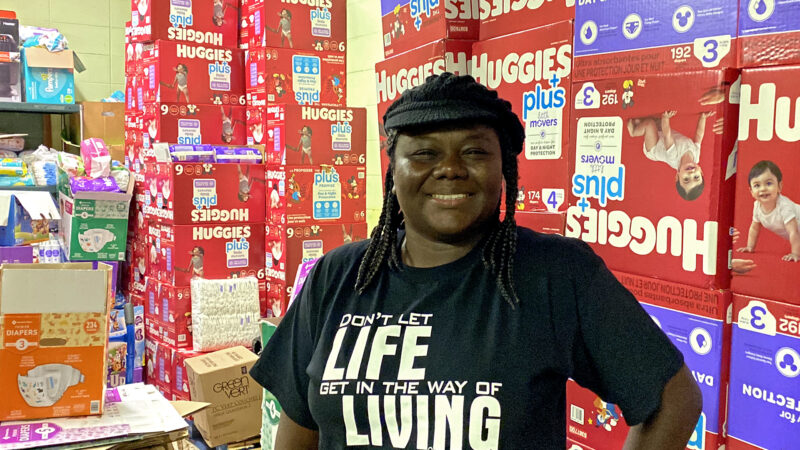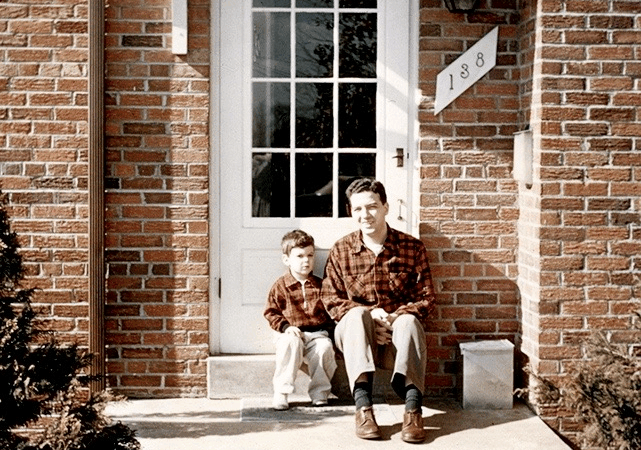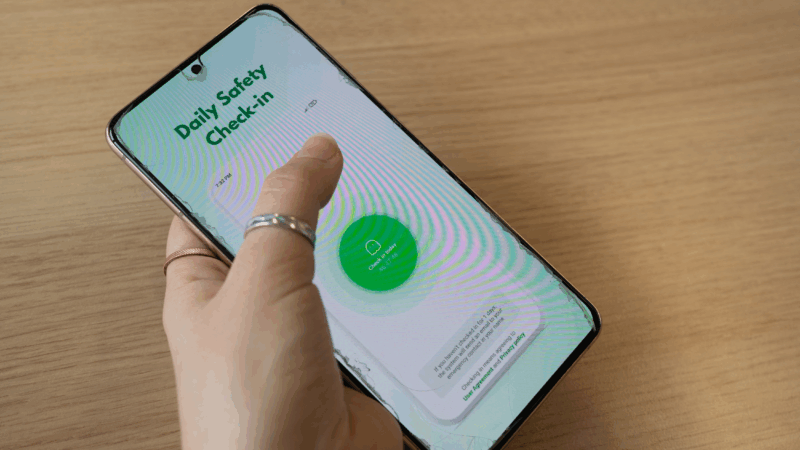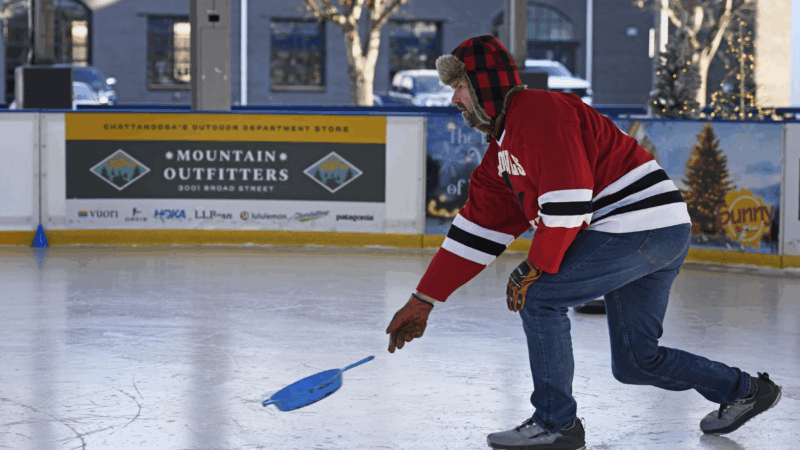With pandemic-era boost to SNAP over, a Mississippi diaper bank is receiving more calls for help
Chelesa Presley stands in front of boxes of diapers that were donated to Diaper Bank of the Delta. Presley, the director of the nonprofit, said the team can package thousands of diapers a day.
The COVID-19 public health emergency ended in mid-May, putting a halt to pandemic relief funding across the United States. Now, the consequences of that decision are reaching some families who rely on social safety net programs, like the Supplemental Nutrition Assistance Program (SNAP) — which received a temporary boost during the pandemic. The recent drop in benefits has been felt hardest by those caring for children.
Chelesa Presley, co-founder of Diaper Bank of the Delta in Clarksdale, Mississippi, has a front-row seat to the aftermath.
“One of the things I have noticed over the past month, now that the pandemic has stopped, more families are calling me about hunger (and) food insecurity,” Presley said. “I get about three calls a day of families looking for food.”
Presley said some have also called for milk, while others need help with utilities or rent.
The diaper bank has served as a community hub for parents and caregivers since it opened in 2015. That year, Presley said it distributed 10,000 diapers. Fast forward to 2022, and that number has skyrocketed to 770,000.
But the nonprofit has expanded its scope exponentially since its inception — sifting through daily donations of car seats, baby beds and menstrual products, but also working to connect families to resources and provide them with the tools to raise a child.
Part of that includes helping new parents apply for SNAP benefits, and while Diaper Bank of the Delta tries to connect them to those resources, Presley said it’s hard for families to survive when funds are cut — even outside of the emergency relief.
Diaper Bank of the Delta has more than 20 community partners across Mississippi and into West Arkansas. Those partners get supplies into their local towns, and Presley often mails packages directly to doorsteps — at no cost to parents.
The Diaper Bank of the Delta hopes to ease some of the financial burden of raising a baby in rural Mississippi for parents, like Takieria Holmes.
Holmes is a mother of two, and she said raising her children in Clarksdale has been tough.
“It’s challenging now, trying to make sure the two children that I have already is good and have everything that they need, and making sure that I’m good and have everything that I need, and trying to make sure that, you know, we have a roof over our head and food to eat,” Holmes said.
Holmes previously received SNAP benefits with her two children, and now that she’s 31 weeks pregnant with her third, she’s thinking about signing up again.
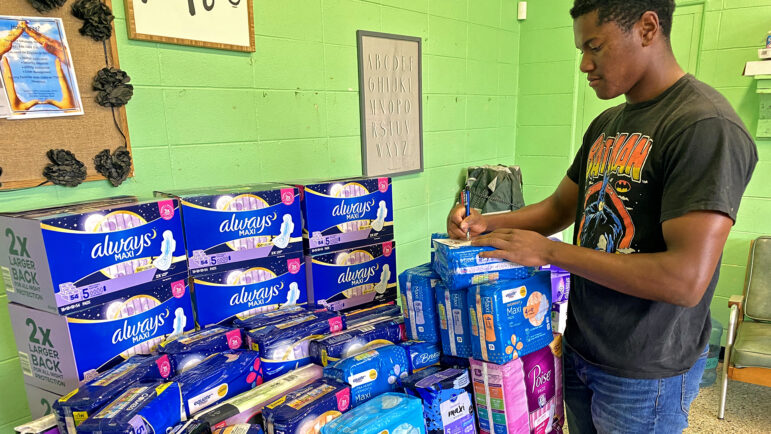
Many residents in Clarksdale qualify for supplemental income or Medicaid, but Presley said the guidelines to receive benefits can be too stringent. It’s a narrow line to straddle, and something as simple as a new job or a raise of a few dollars can knock struggling families into the next bracket — leaving them in poverty, only slightly less so.
“Why do we as a society expect that people who are on public assistance just to all of a sudden get a job one day, and now you’re off of all these benefits?” Presley said. “That’s hard.”
This story was produced by the Gulf States Newsroom, a collaboration between Mississippi Public Broadcasting, WBHM in Alabama, WWNO and WRKF in Louisiana and NPR. Support for reproductive health coverage comes from The Commonwealth Fund.
5 papers from the Super Bowl of Economics
Planet Money went to the annual meeting of the American Economics Association, and we saw some fascinating papers presented there.
I thought I’d heard my dad’s voice for the last time. A movie helped me find it again
A period drama, a Supreme Court case and voice our film critic hadn't heard in decades.
19 Winter Olympic storylines we’re watching (they’re not just about sports)
The Winter Olympics promise plenty of high adrenaline, fierce competition, historic firsts and emotional moments over 2 1/2 weeks. Here are some of the names and narratives to keep an eye on.
Privatizing Fannie Mae is risky. Would it be a win for taxpayers or Trump’s donors?
The idea has alarmed critics, who warn it could rattle financial markets and drive up mortgage rates, while potentially generating large profits for key Trump supporters.
Here’s why people say they’re using ‘Are You Dead?’ and apps like it
Safety check-in apps — a way for loved ones to know that you're alive — have become more popular among adults who feel that modern life has made connection and community more difficult to maintain.
Can’t wait for Olympic curling? Trying its Southern cousin: skillet curling
It might seem inelegant to yeet an iron skillet across an ice rink. But this spinoff sport has its own techniques and lingo: You can throw a turtle at the bacon, for instance.

